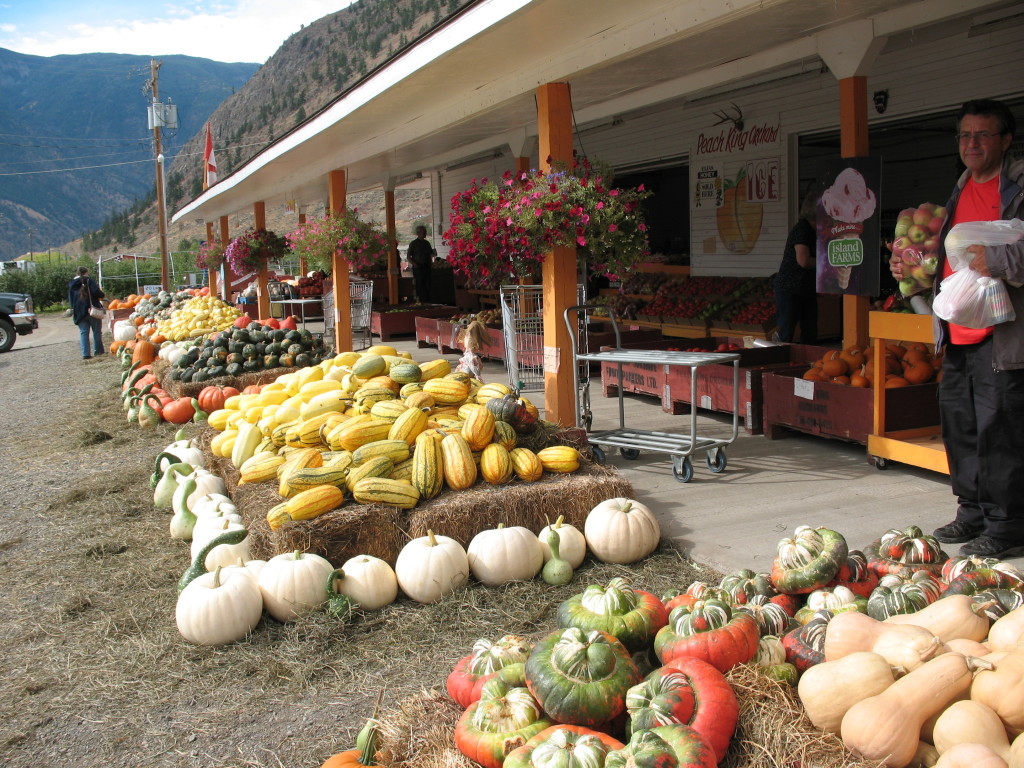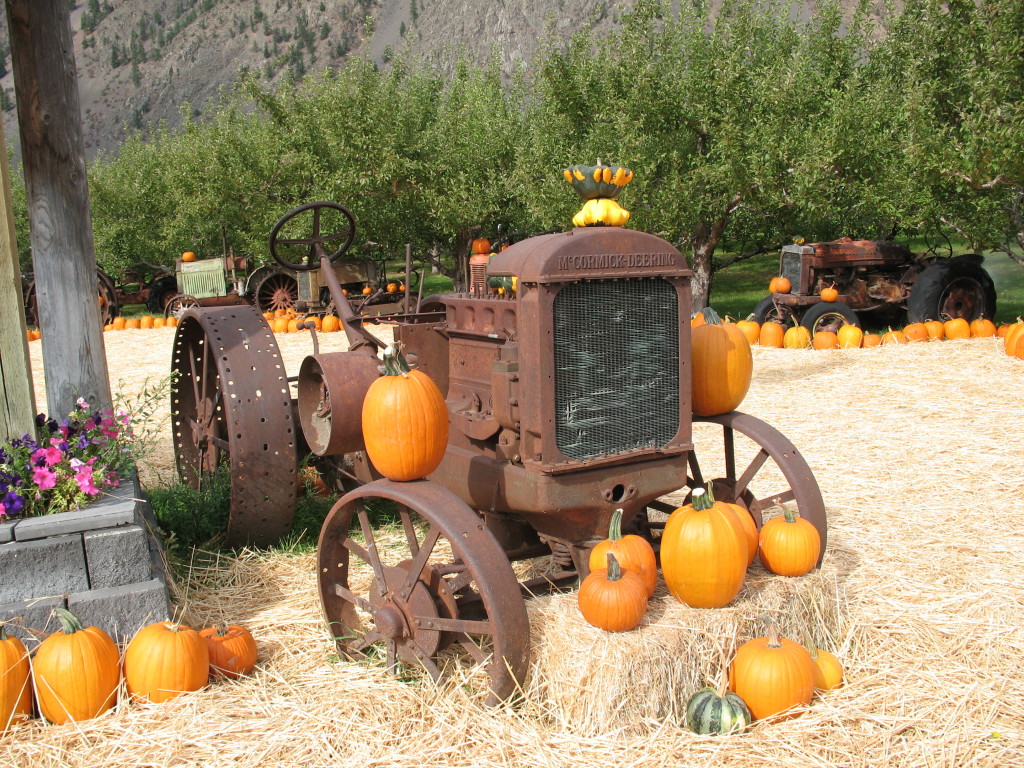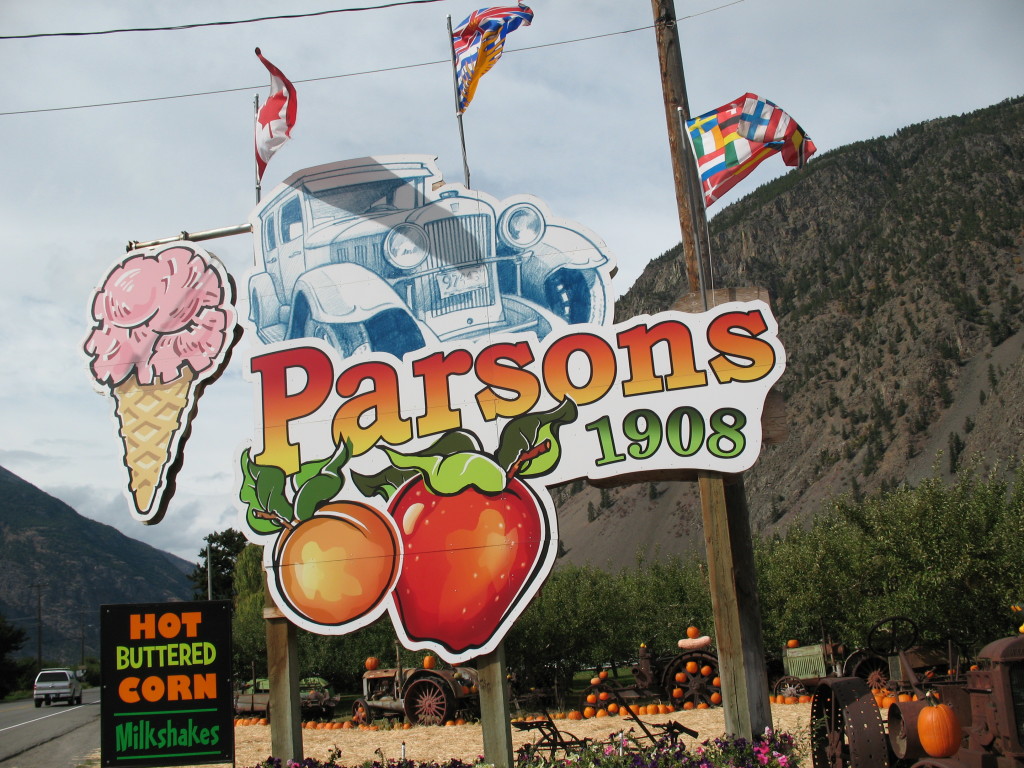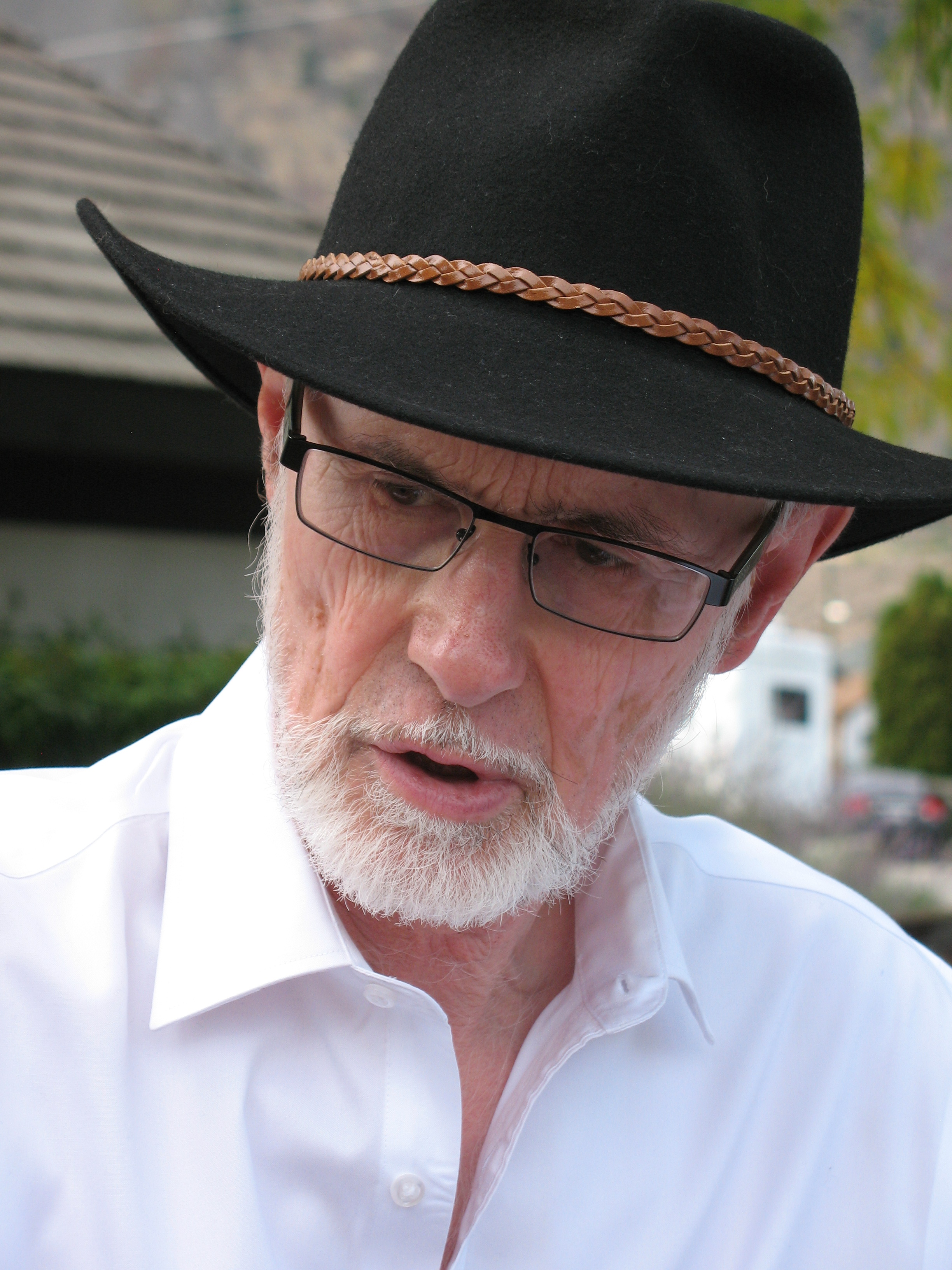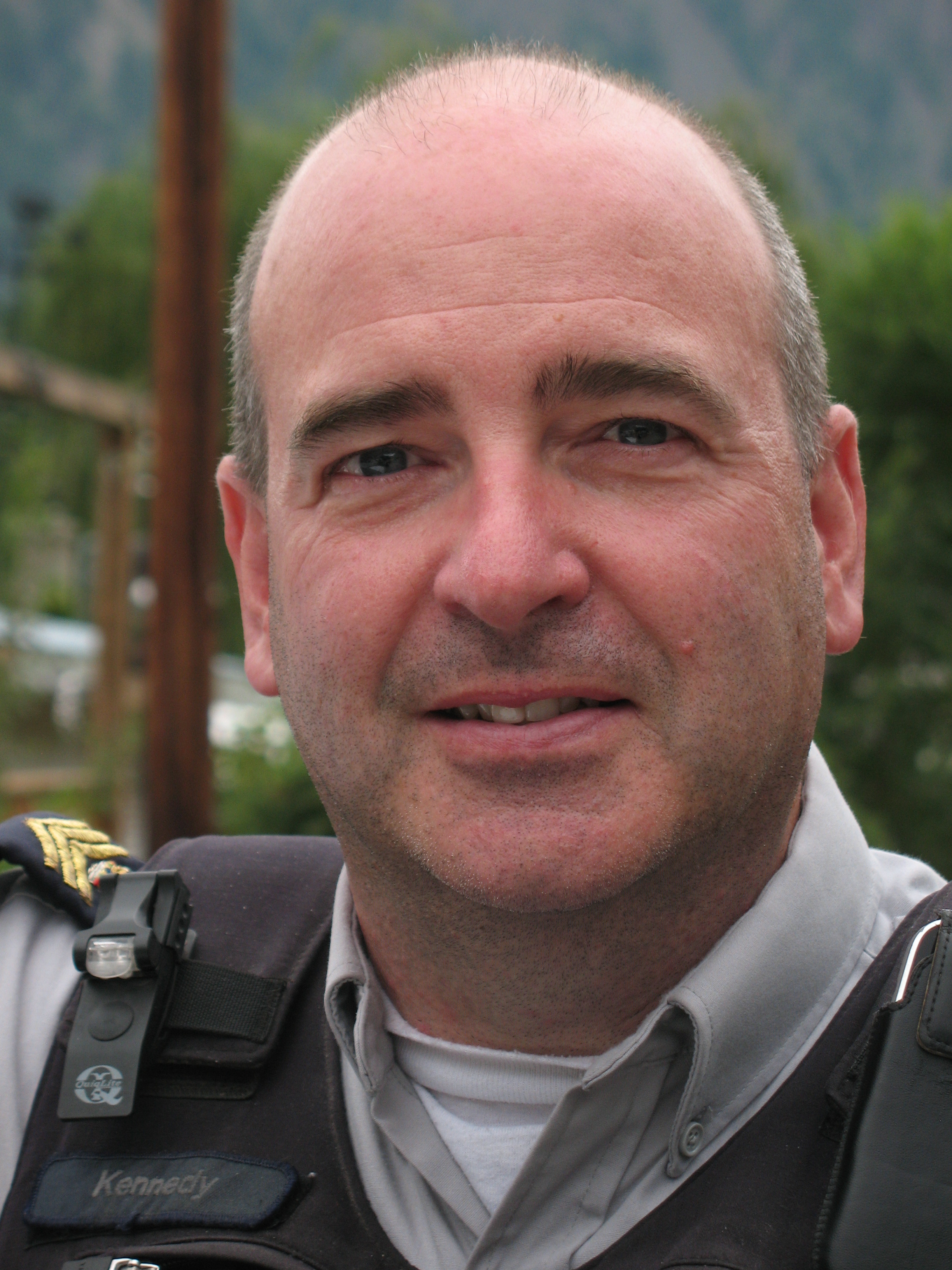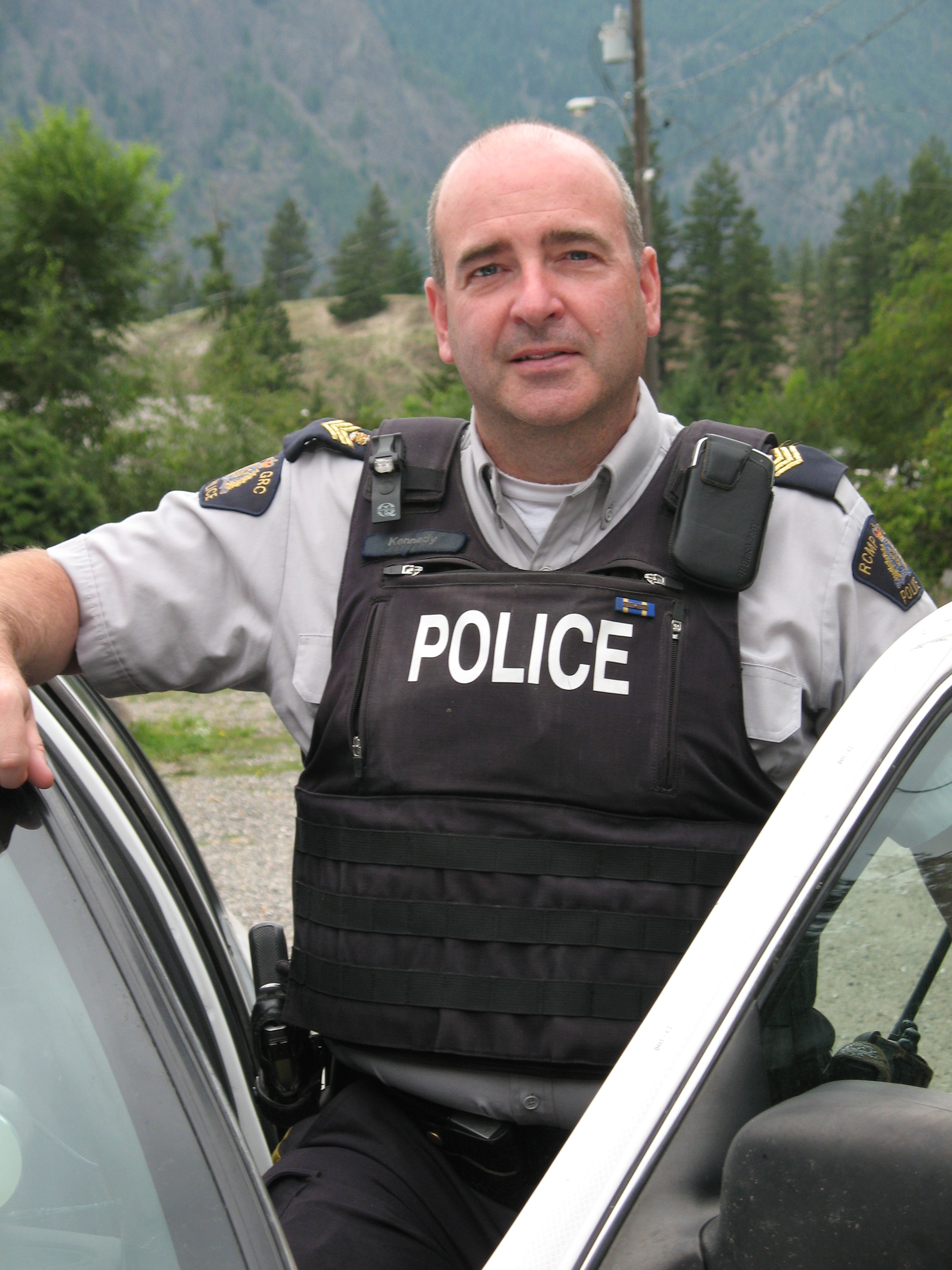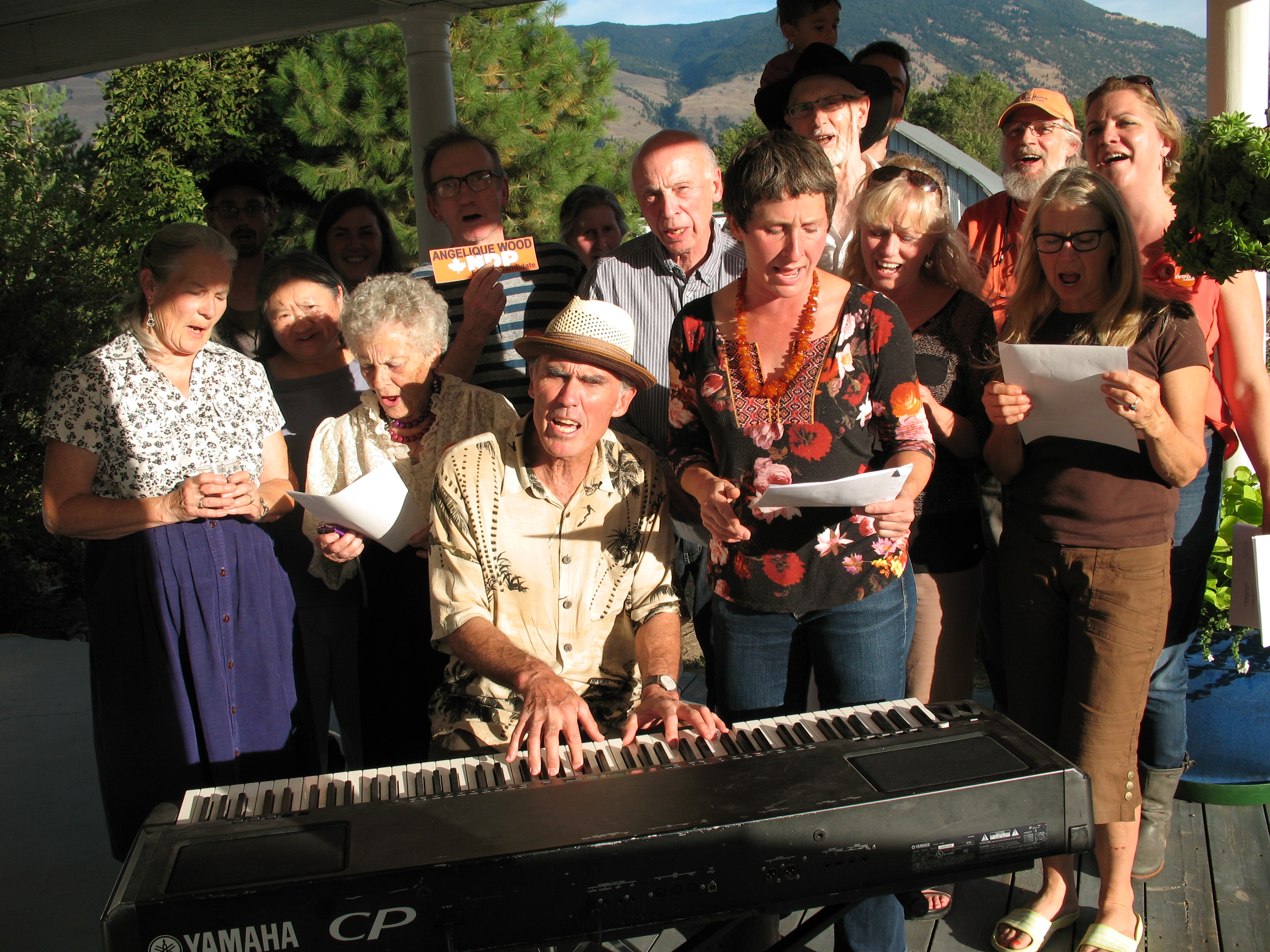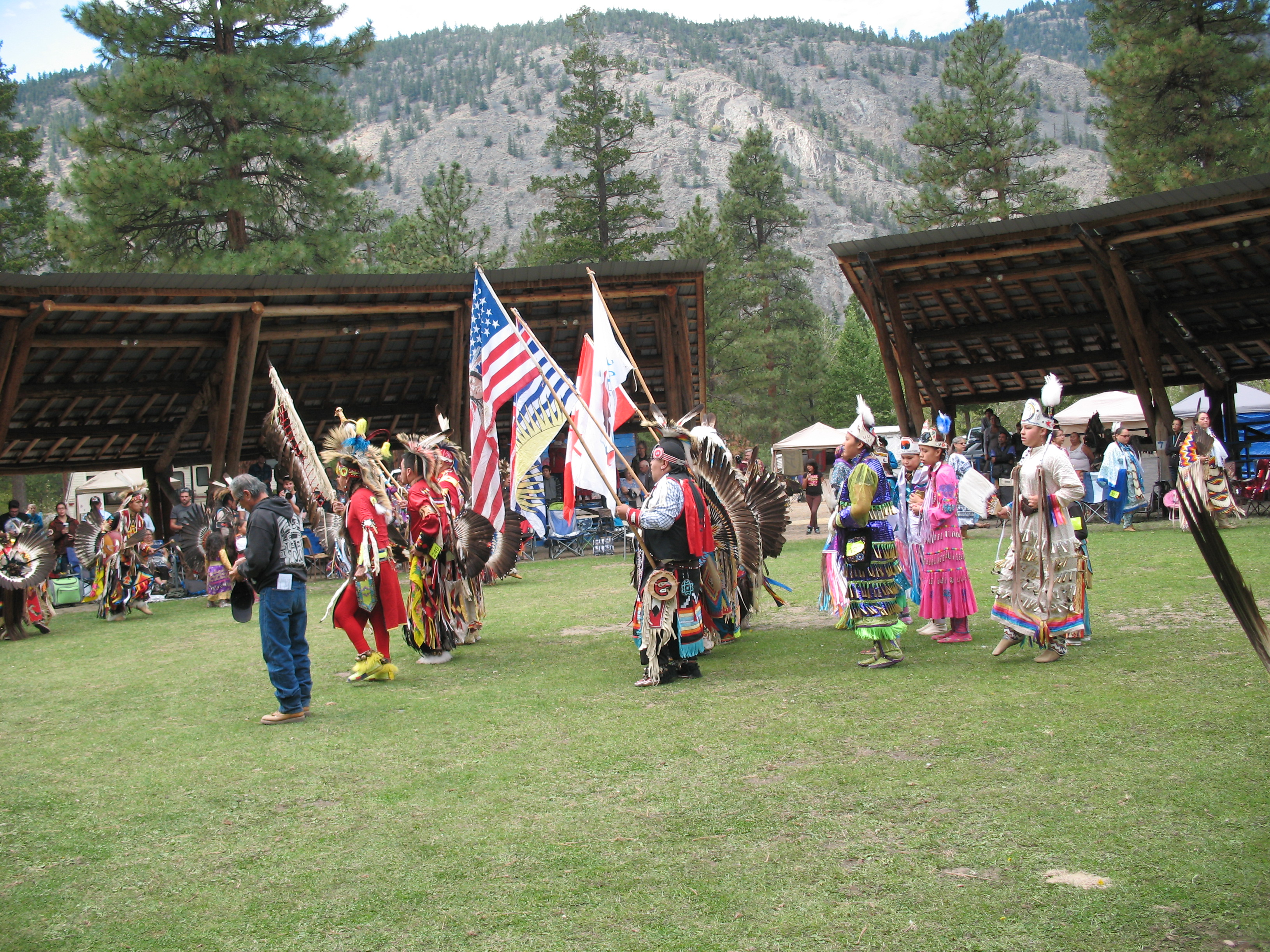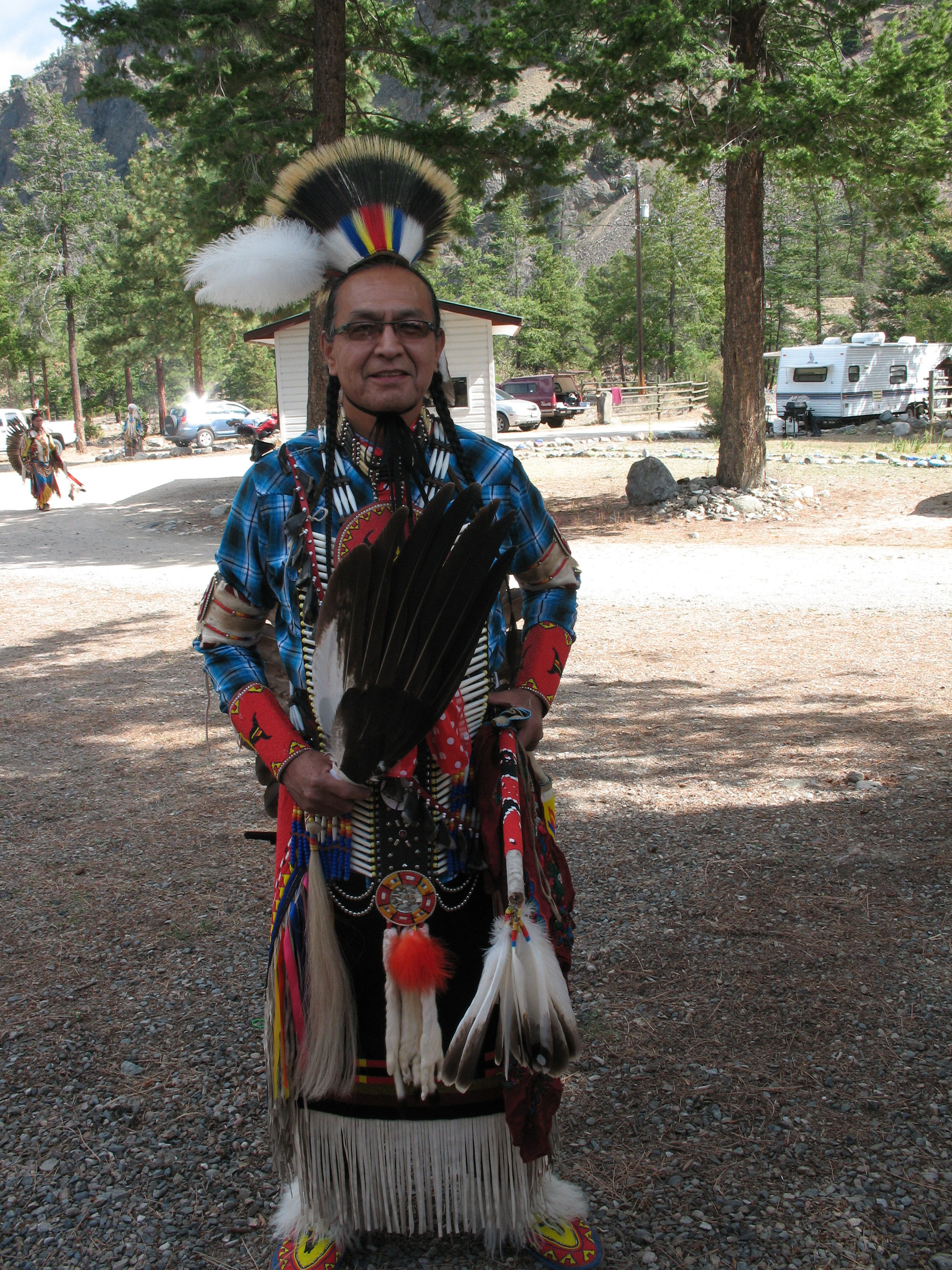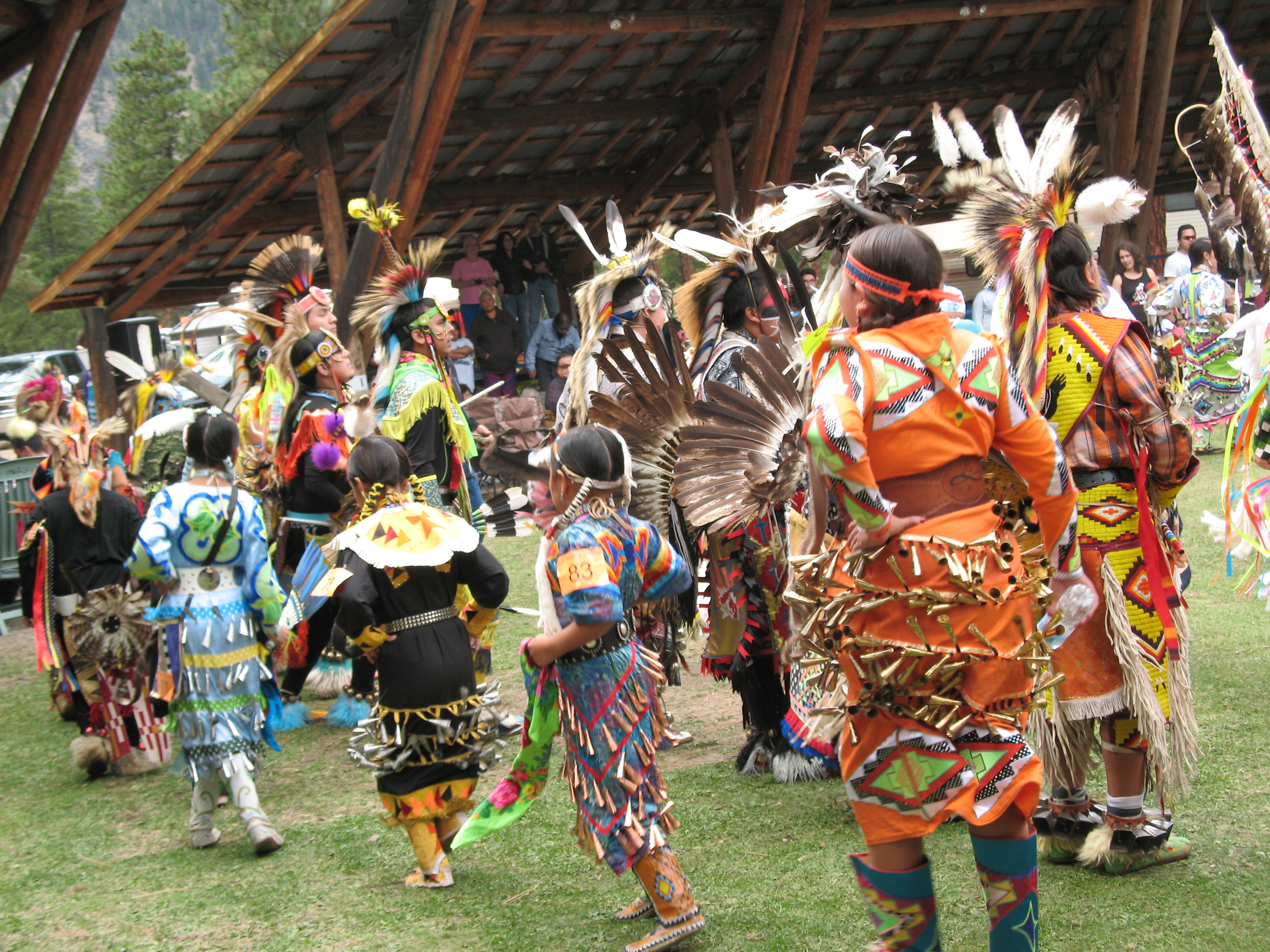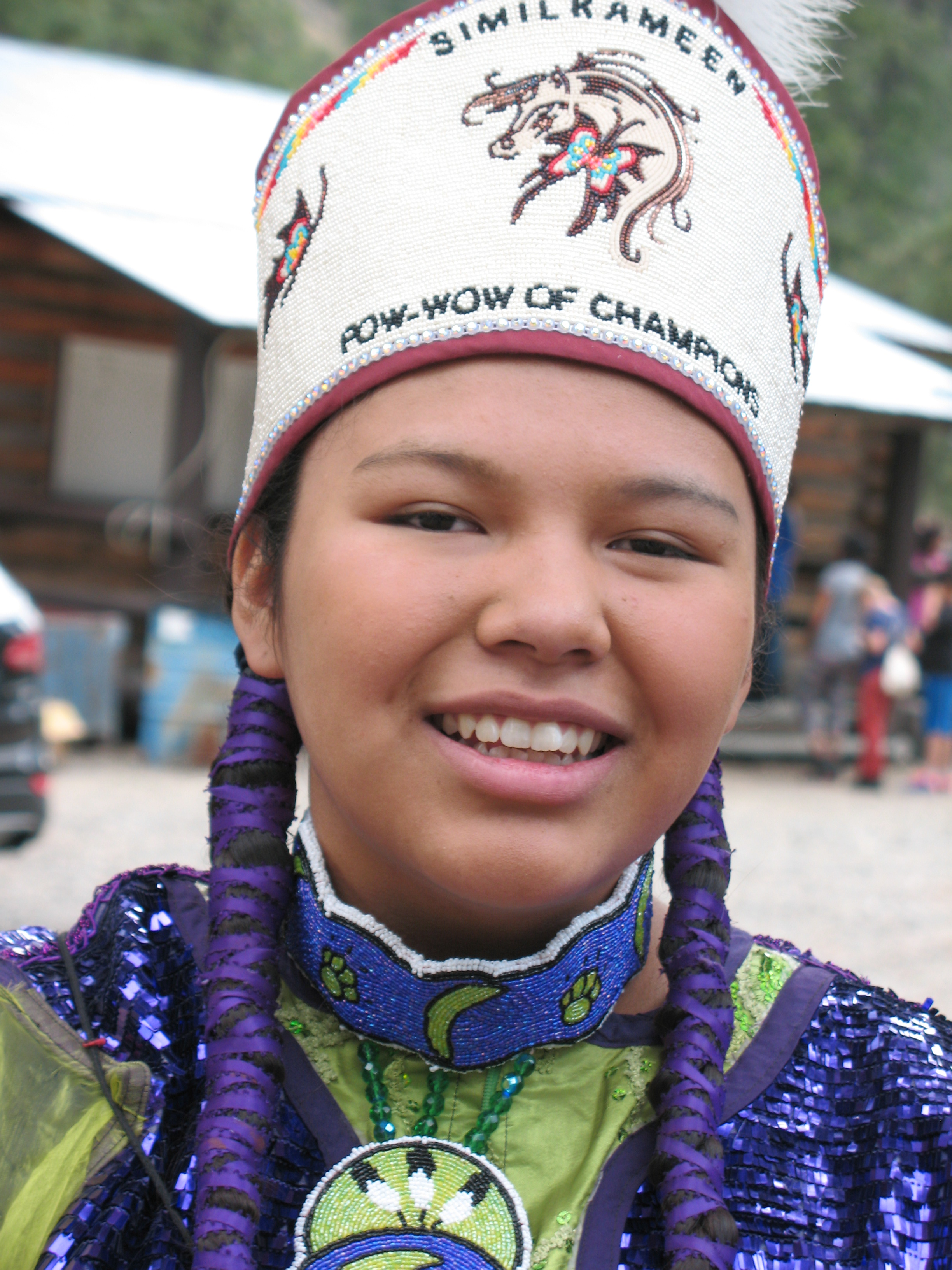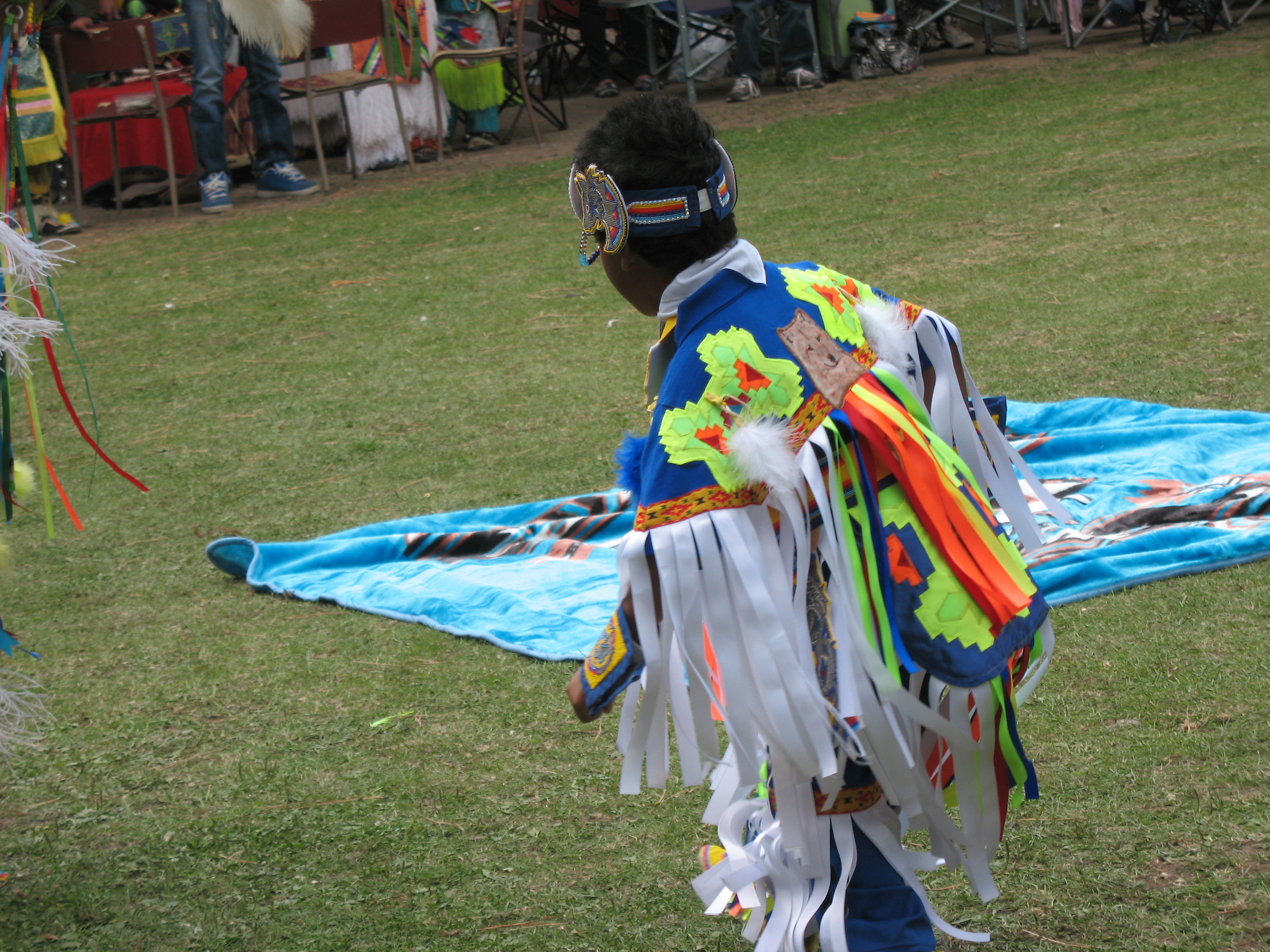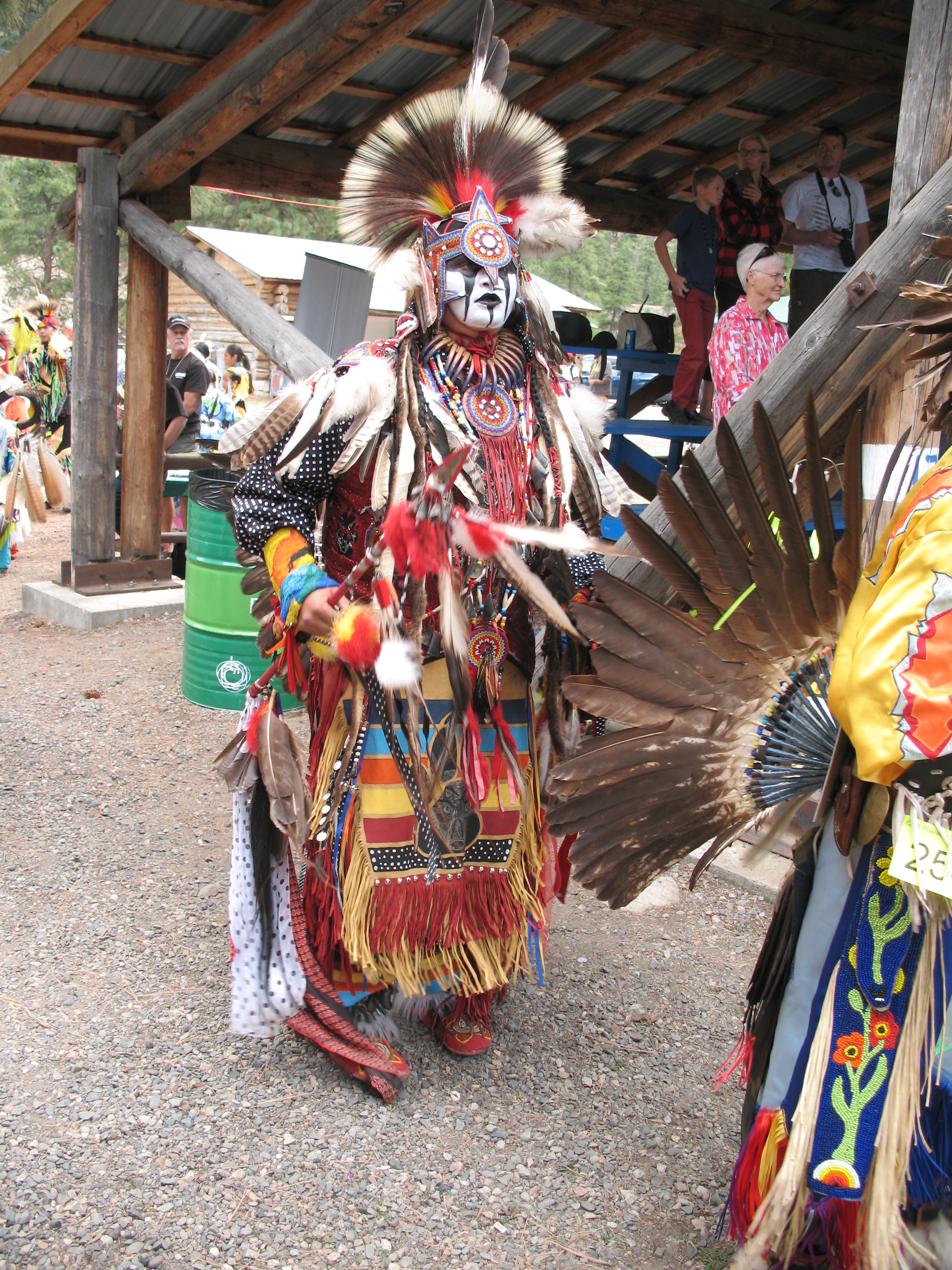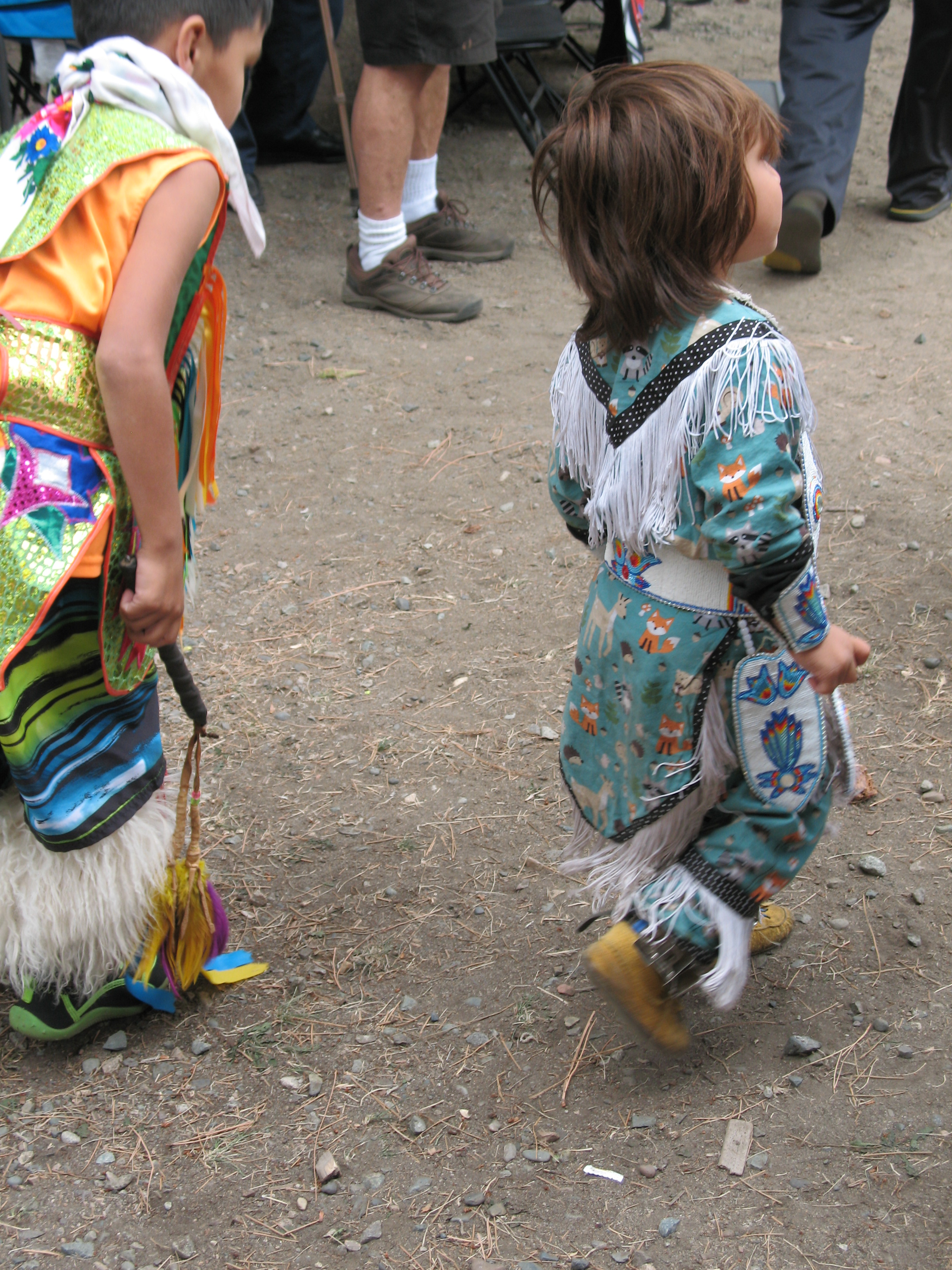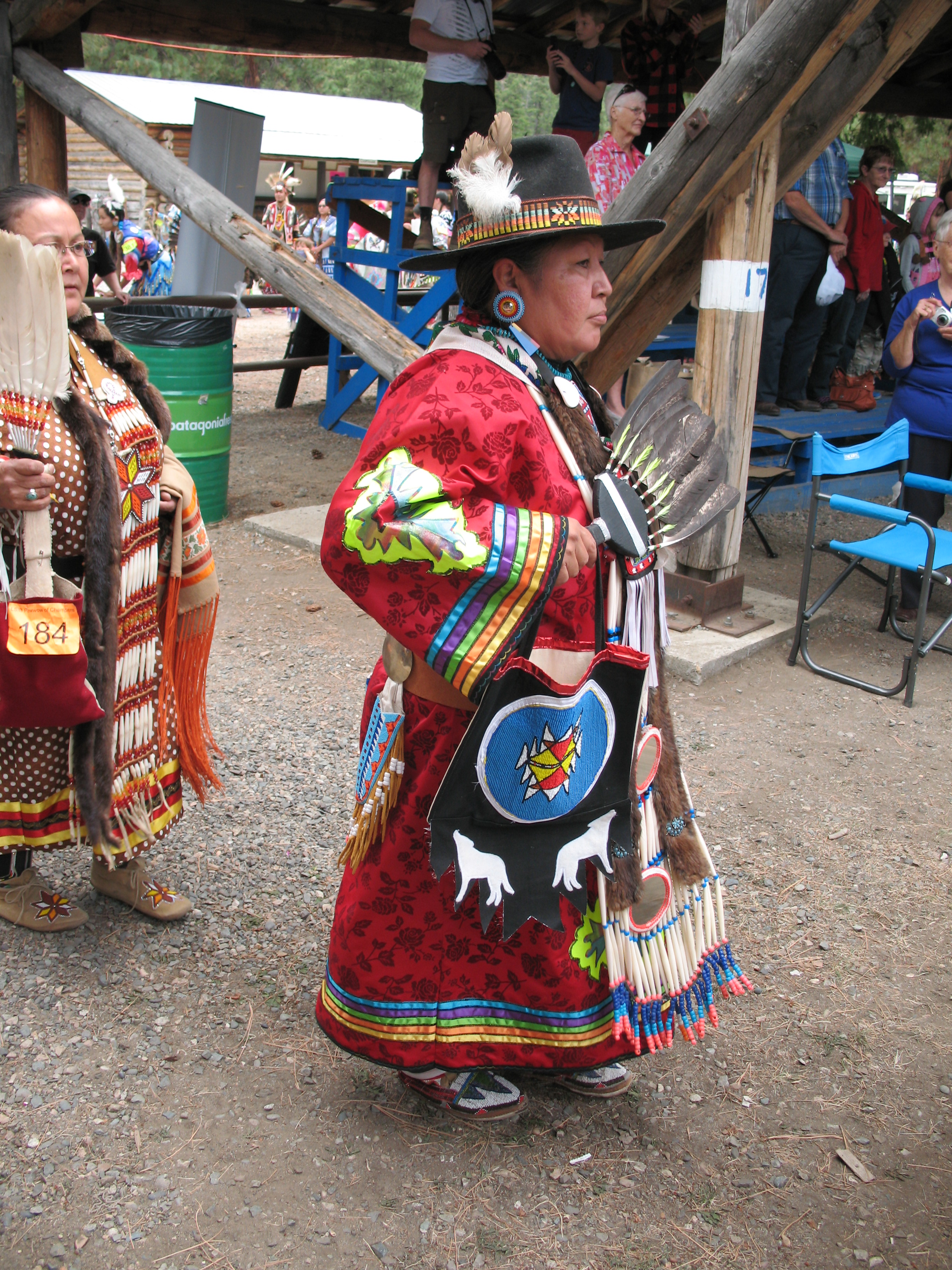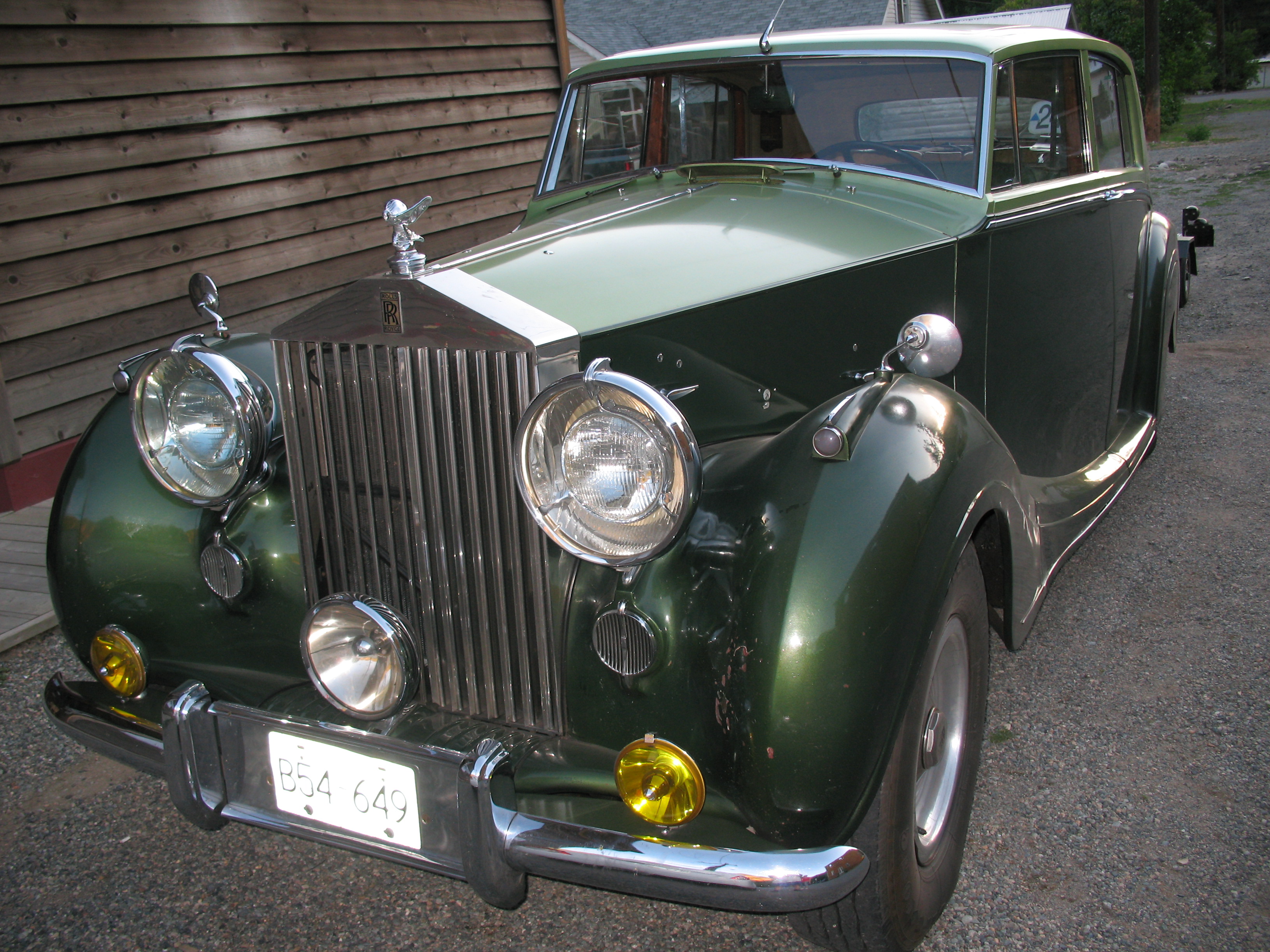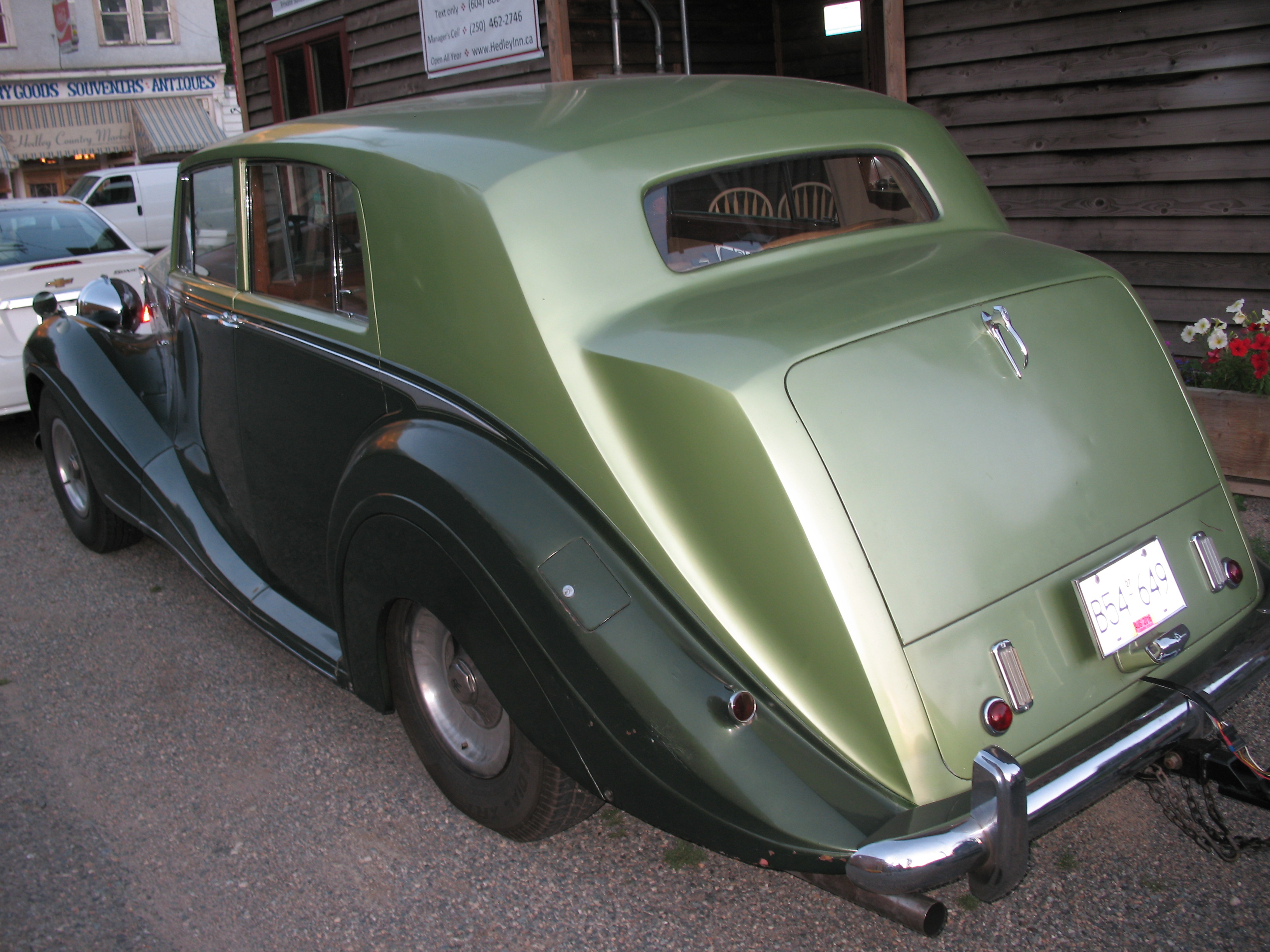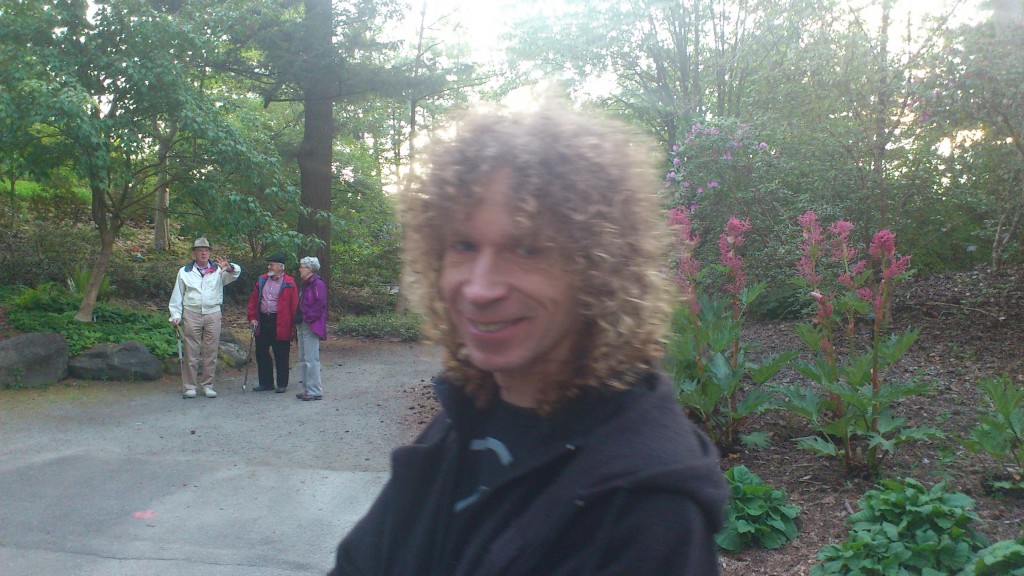
This past Sunday my friend Mark Lamont of Burnaby participated in a team climb of the Grouse Grind to raise funds for Alzheimer’s research and services. On the same day a group of climbers assembled at Base Camp on the 5,895 metre high Mt. Kilimanjaro in Tanzania to mount an assent, also to raise Alzheimer’s research funds.
Except in winter months, Mark has been training on the 2.9 kilometre Grind every second day. Over the past 3 years he has done more than 200 climbs and has taken part in the Alzheimer’s Climb each year. At age 52, he is physically fit, without an ounce of flab. In one climb he was surprised by an unanticipated blizzard. He’s extraordinarily determined and it didn’t stop him. For the Sunday Grind, participants were divided into teams of 7. Each team’s combined climbs amounted to approximately the same elevation as Mt. Kilimanjaro. With a time of 38 min.1 sec., Mark recorded the fastest climb this Sunday.
“I began doing it when I learned that a person very close to me was showing symptoms of Alzheimer’s,” he said. “I want to do something to help find a cure. If we do nothing, the situation will not get better.”
According to a brochure I picked up at the Alzheimer Society, Alzheimer’s is the most common of a large group of disorders known as dementias. It is an irreversible disease of the brain in which the progressive degeneration of brain cells causes thinking ability and memory to deteriorate. Currently about 70,000 British Columbians are suffering from some form of dementia.
Most of us know at least one person with the illness. We’ve seen victims held in its vice-like talons, being drawn relentlessly into a puzzling maze where there exist chaos and sometimes sheer mayhem. Like a heartless vampire, it sucks the life from loving relationships.
Not long ago, my friend Henry experienced the devastating impact Alzheimer’s can have on a relationship. On a cold winter day he walked into his wife’s room in an Alzheimer’s unit of an extended care facility. The puzzled expression on her face told him immediately she was confused by his presence. “Who are you?” she asked. He explained he was her husband and they had been married 42 years. “No,” she said emphatically, “you are not my husband.” Pointing at a photo of a young army officer on her dresser, she said, “that is my husband.” The disease had placed a veil between her and reality. He could not help her understand he was the young man in the photo taken 41 years ago.
For me a line in one of the pamphlets was personally disquieting. “In a population in which one parent has Alzheimer’s,” it said, “5 of every 100 individuals can expect an Alzheimer’s diagnosis by about age 65.” I find this troubling because my mother was given a dementia diagnosis in the last year of her life. Does this mean one day I might be one of those five?
To this time the complexity of the brain has prevented major breakthroughs. Research has however produced several medications that can help with symptoms such as declining memory, language, thinking ability and motor skills. The Alzheimer Society says earlier diagnosis can mean treatments are started in the early stages.
The Society recommends a healthy lifestyle to help the brain maintain connections and even develop new ones. Challenging the brain and keeping it active is important. “Try something new,” the Society suggests, “and change routines. Take up a new interest such as learning a language or playing an instrument. Be socially and physically active.” The Society stresses the importance of protecting the head by wearing a helmet in contact sports and other activities.
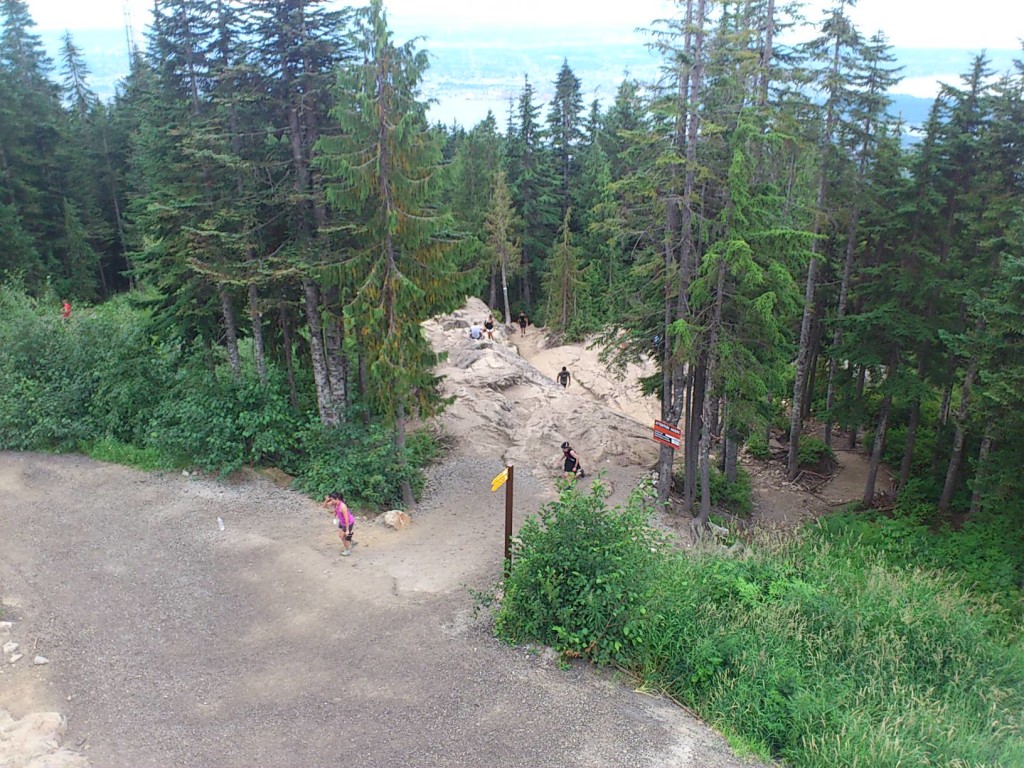
Mark told me funds raised through the MKGG (Mt. Kilimanjaro Grouse Grind) will help ensure that people whose lives have been impacted by any of the dementias can connect to a province-wide network of support services and education programs.
Anyone desiring further information can go to www.alzheimerbc.org. To support Mark in raising funds, go to www.hikemkgg.com and click on “donate”. This will take you to the “Search for a Participant” page. Type in Mark Lamont and follow instructions.
For me a donation is a welcome way of making a positive difference without exposing my human frailty on the remorseless Grouse Grind.

